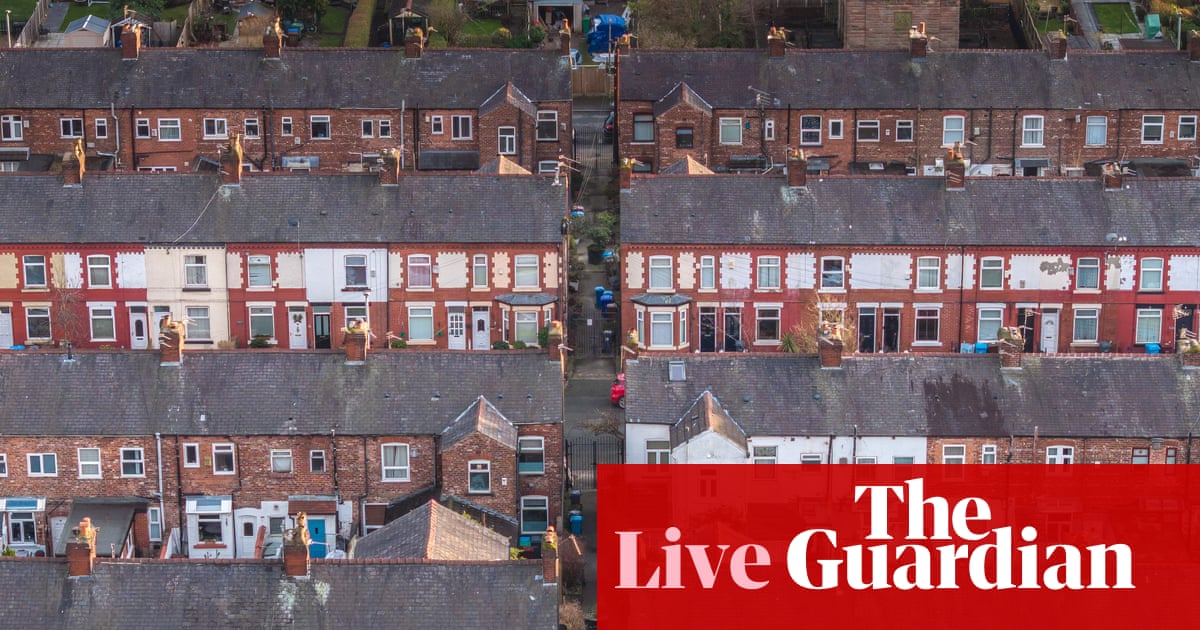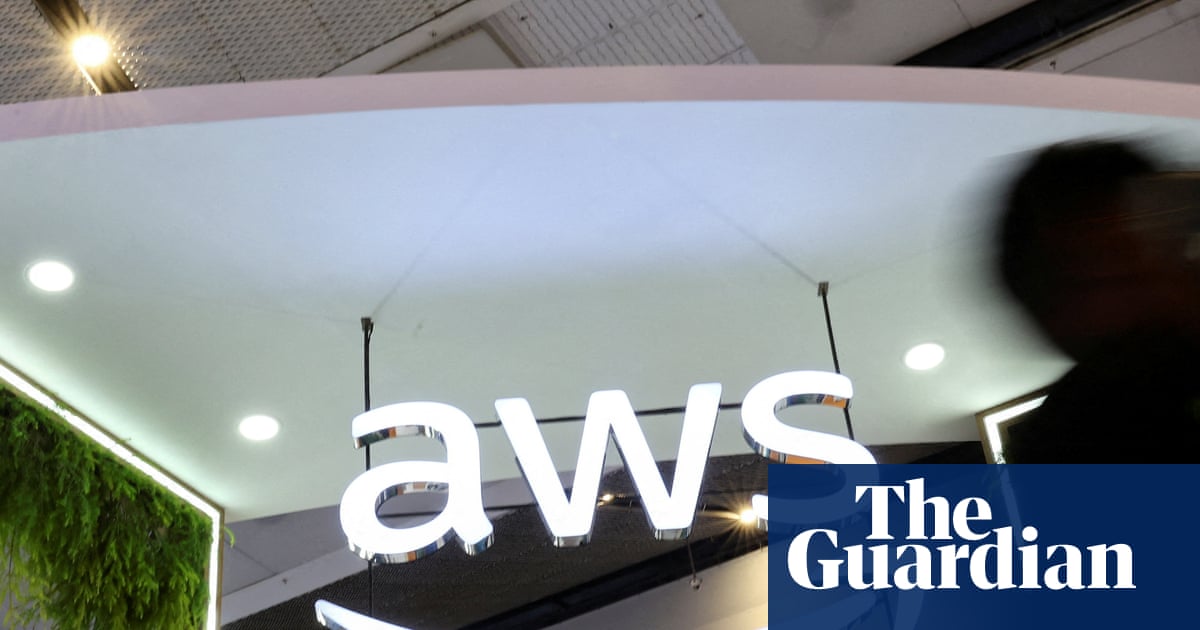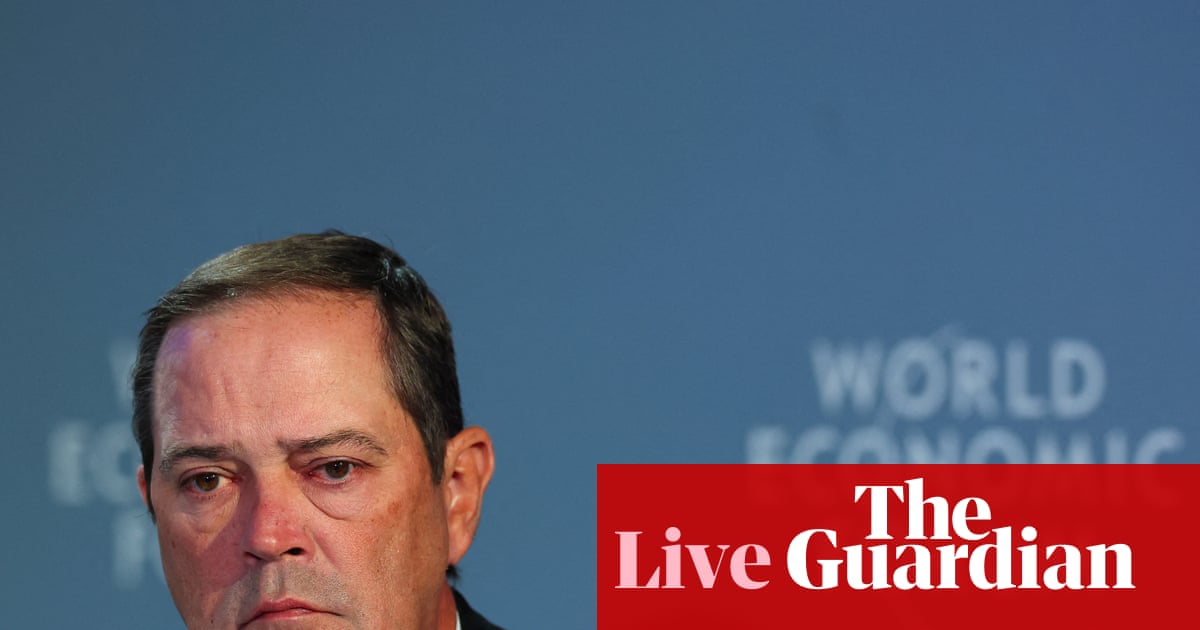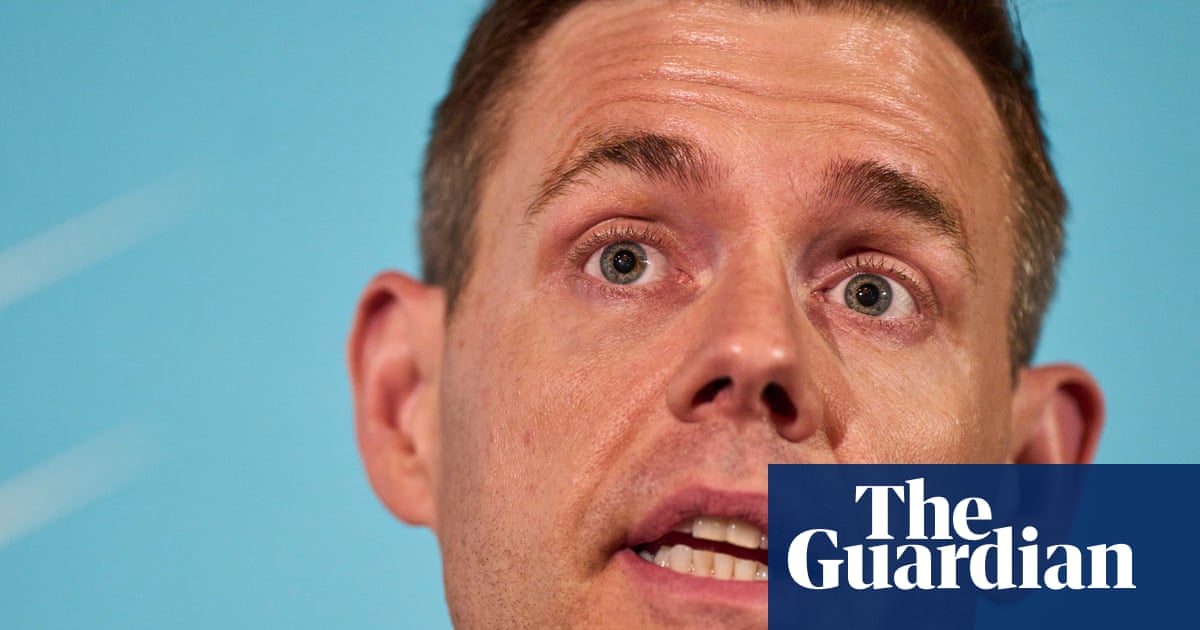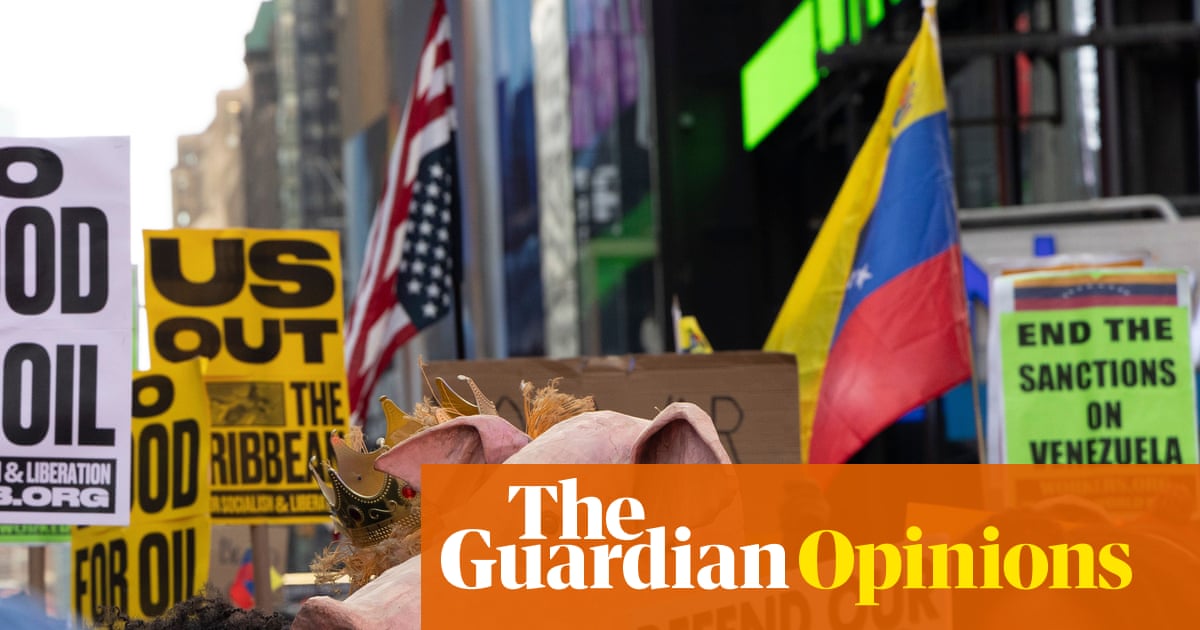Bloomberg’s headline said it all: “UK Faces Worst G-7 Inflation and Flat Living Standards, IMF Says”. The International Monetary Fund warns that inflation will be higher in the UK than in any other major advanced economy – including in the US, where Donald Trump’s tariffs are driving up costs for American consumers. This while GDP growth per head crawls at 0.4%, the weakest of any major economy. Real wages have stagnated for 11 months. Meanwhile, official figures show that unemployment has climbed to 4.8%, the highest since spring 2021. Forget talk of Britain’s “upgraded growth”; the economy, under Labour, is running hot only for those collecting profits.
The Joseph Rowntree Foundation (JRF) projects that by 2029 average disposable incomes will be £570 lower than today, a fall of 1.3% – the sharpest drop in living standards since records began in 1961. This isn’t a simple case of prices getting ahead of demand. What Britain faces is profit inflation: prices are rising while wages stand still. As Lord Keynes noted, this is a transfer from labour to capital – an increase in mark-ups, not in productivity.
The Treasury takes the opposite view. Despite the evidence, it thinks total spending is about right to buy all the goods and services that the economy could produce at full employment. It sees inflation as evidence of overheating because of “wage stickiness” and rising import costs. This reasoning has become increasingly difficult to sustain. In August the Bank of England broke ranks to say that the lack of jobs was partly down to a “weakness in underlying demand”. Britain’s household saving rate – around 11% – is the highest, bar the pandemic, since the early 2010s, signalling not exuberance but caution. Consumer confidence is falling.
Britain doesn’t need more belt-tightening. It needs more spending targeted at helping those who are in need. This means a budget deficit big enough to substantially offset our trade gap – otherwise the squeeze just lands on families and firms. There should also be a shift in spending – via higher benefits and better-funded public services – towards households, not asset holders. As Mathew Lawrence of the Common Wealth thinktank argues in the Guardian, the state should intervene to make essentials such as energy, housing and transport affordable.
There is a moral argument for redistribution. But it is also an economic necessity. The JRF is right when it says security is productive. Families with a financial buffer can invest in skills and take risks; those living month to month cannot. Yet Labour is fixated with the idea that rising asset values will make Britain properous. In opposition, Rachel Reeves promised to review £174bn of tax reliefs, many of which channel “social spending” into asset prices – such as pension subsidies and capital-gains exemptions. She should keep that promise, and look at wealth taxes.
Labour risks ending up in a position where it is defending fiscal rules that undermine voters’ livelihoods. Polls suggest that the public are already unimpressed with the government’s performance on raising living standards. A record of falling real wages and rising prices rarely wins elections. The alternative is simple enough: less help for balance sheets, more help for pay packets. We’ve tried pushing growth through rising asset prices before. It ended badly in 2008, and led to a Labour government losing power. That ought to make ministers think again.
-
Do you have an opinion on the issues raised in this article? If you would like to submit a response of up to 300 words by email to be considered for publication in our letters section, please click here.

 3 months ago
60
3 months ago
60
